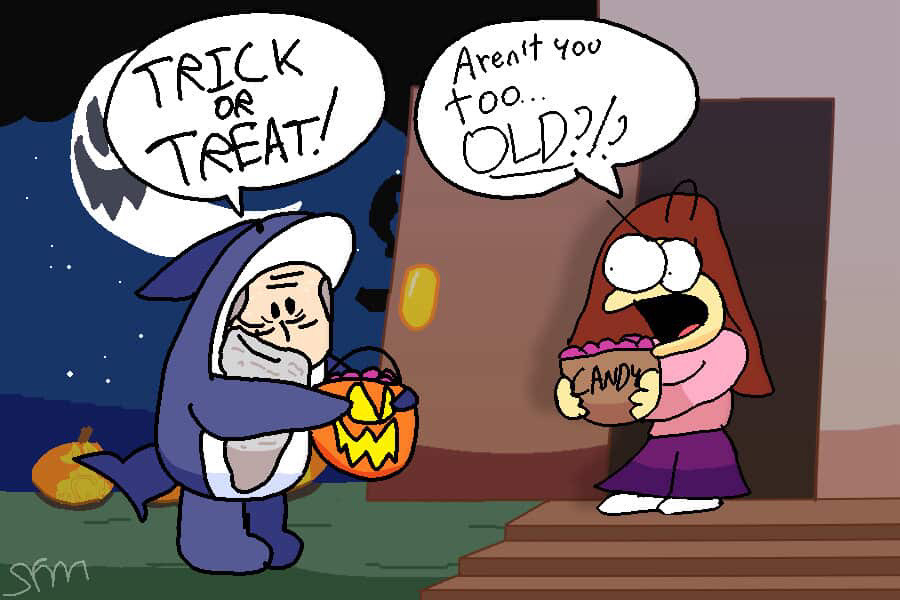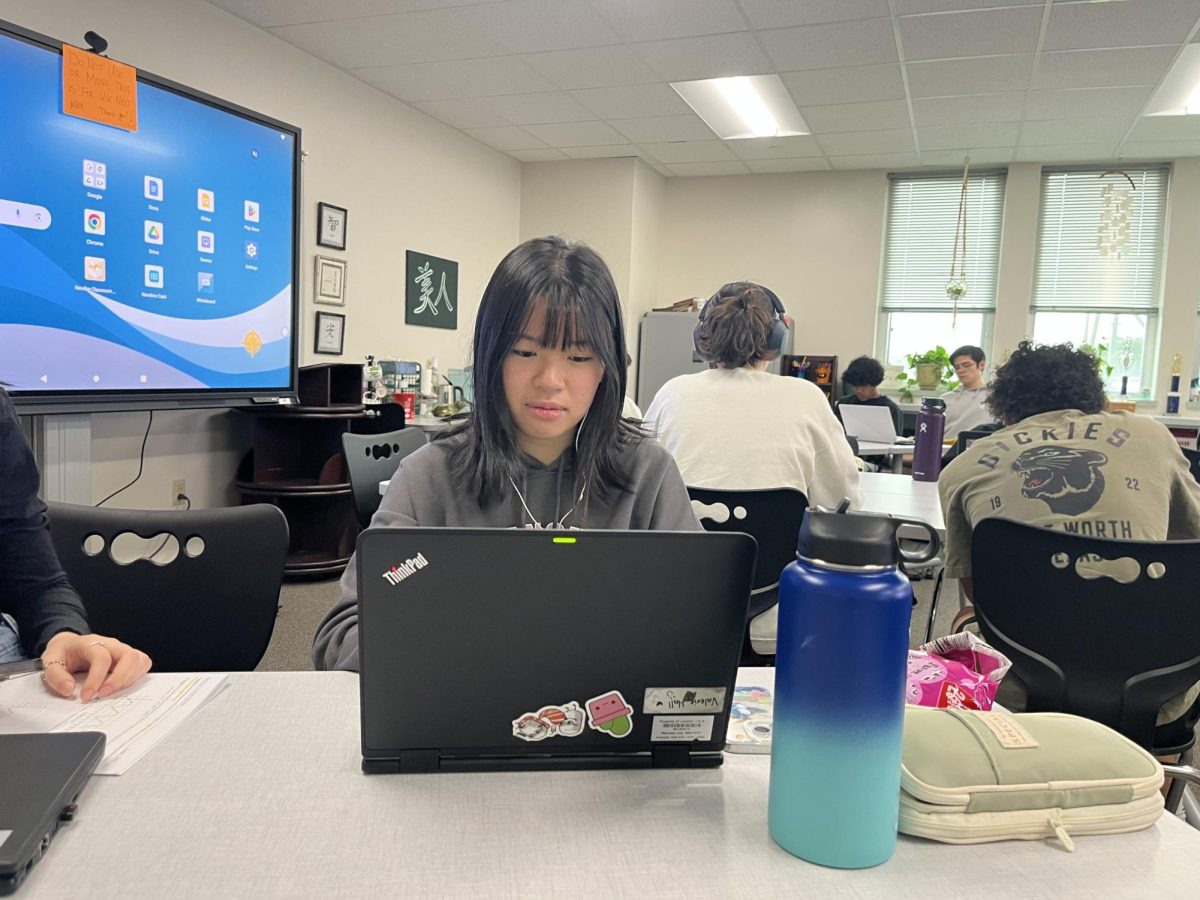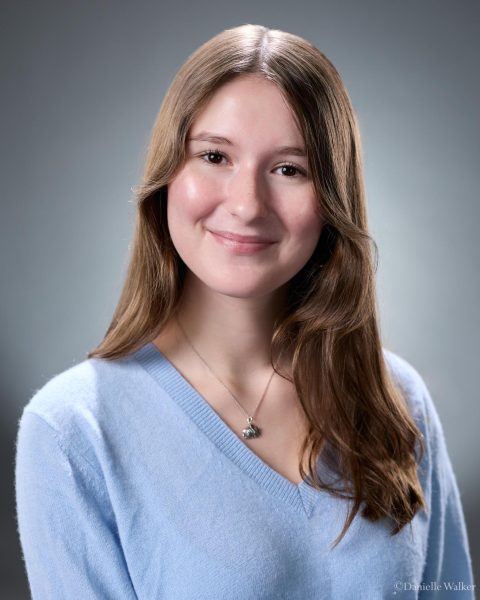Whether it’s conducting experiments for other Research students or doing a group presentation for Seminar students, Capstone students can often be seen typing dutifully away at their laptops or fluttering a QR code in their friends’ faces to have them do their research.
The College Board program AP Capstone, made up of AP Seminar first and AP Research second, is heavily focused around understanding existing research, writing papers and making presentations. It’s the busiest time of the year for these students, with surveys to fill out, a flurry of note cards, last minute paper citations, appendix additions and edits upon edits.
“I love the days right now where people are actually doing their methodology,” AP Research teacher Lauren Brannan said. “They’re collecting data and they’re starting to see some of the results that will play into their actual conclusion of their question or their answer to their research question. That’s fun because for the most part, although it might be tedious, my students are having fun. This is the exciting part of the year.”
The window to participate in an AP Research project has opened and closes on Feb. 21. By completing one project, a student may receive one community service, volunteer or attendance hour for the organization of their choice. Participants are needed by the students in the class for data collection in their project.
“I didn’t quite expect the responsibility that comes with this course,” junior Valerie Hall said. “I found it surprising that, unlike AP Seminar, AP Research has a data collection and methodology component where you have to individually seek data for your own research goal. I found this experience extremely new and even exciting, as you yourself come up with a research plan and study what will eventually be publicly published with other papers.”
At completion, students receive the AP Capstone Certificate. If students pass four additional AP exams on top of the two courses, they may receive the AP Capstone Diploma. Brannan has taught the program since it began around 10 years ago.
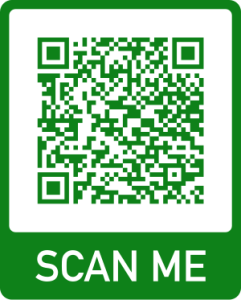
Courtesy of AP Capstone
“I think the best thing that has really helped me is being part of the team that scores and reading around 100 papers every June,” Brannan said. “I have conversations with my peers, who are either college professors or other teachers of this course across the country, and really share ideas with them. It’s given me an understanding of the nuances of the rubric so that my students can understand those things as well.”
Though students get to decide their topic of research, when creating their projects, students have to submit a project plan to the Institutional Review Board (IRB), which is made up of credible individuals across their district. Junior Raymund Lin is doing his IRB approved project focusing on virtual reality and its potential in education.
“I know that if this experiment turns out as successful as I’m hoping it will be, then it will be really useful in the future for the education system,” Lin said. “I didn’t think about how I was going to be the solo person to set everything up or be the leader of my own little research project. I’m not usually doing any of the leadership stuff, but this time I’m actually leading everything by myself with little help, so I guess that’s a big change for me.”
Participation is always optional, which means sometimes students have difficulty gathering participants. Students spread the word through posting on social media, sharing their QR code with peers, putting up fliers and more.
“I already have a decent amount of people that signed up,” Lin said. “I guess it’s partly because I have a catchy title. I literally have ‘virtual reality’ on the link to sign up, so it would make sense that a lot of people would be interested.”
The research process is split into different steps and stages. Currently, students in the course are conducting their methodologies, but have already spent the early part of the year gathering online research and planning their projects.
“I really enjoy when students come back or they email me and they are in college and tell me that they are finding success, not necessarily because of the topic they chose, but because of the experience,” Brannan said. “They are finding different classes or assignments in college to be easier, or that they feel like they know what they’re doing versus the people around them. They really like that success in college because of the two year program here and that’s really exciting for me too.”

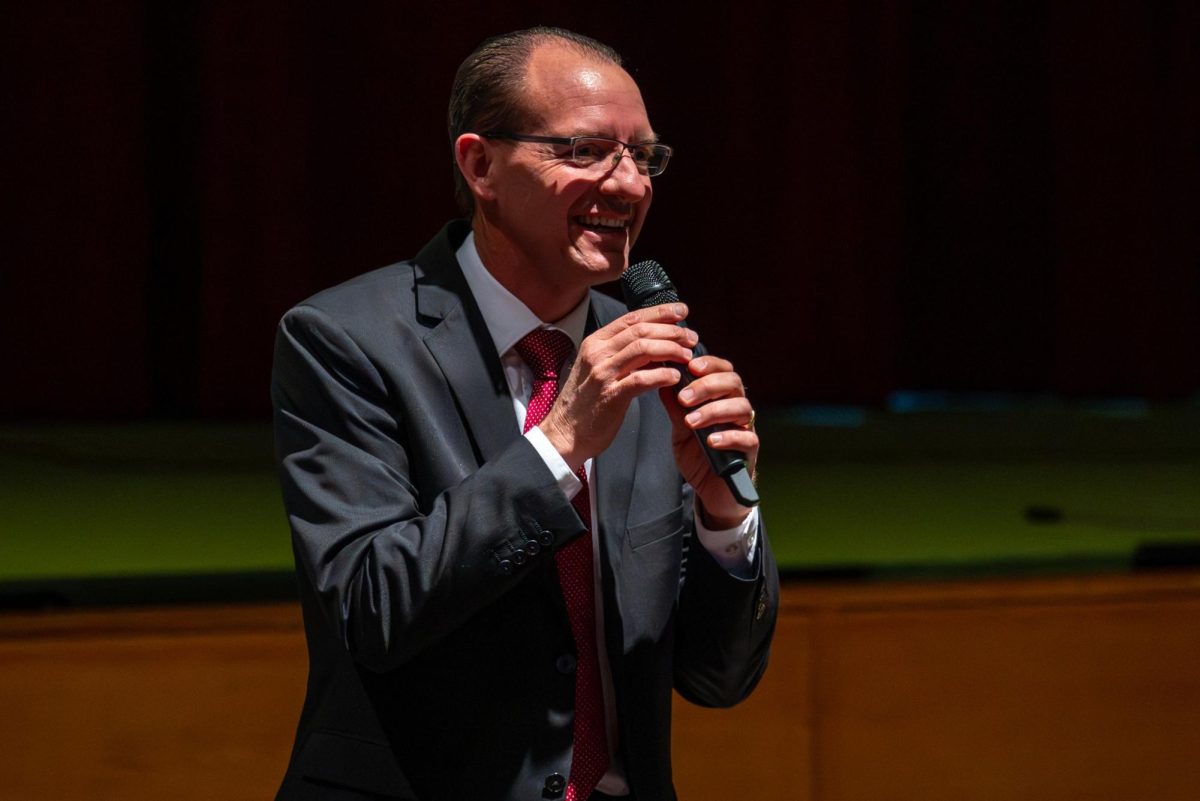
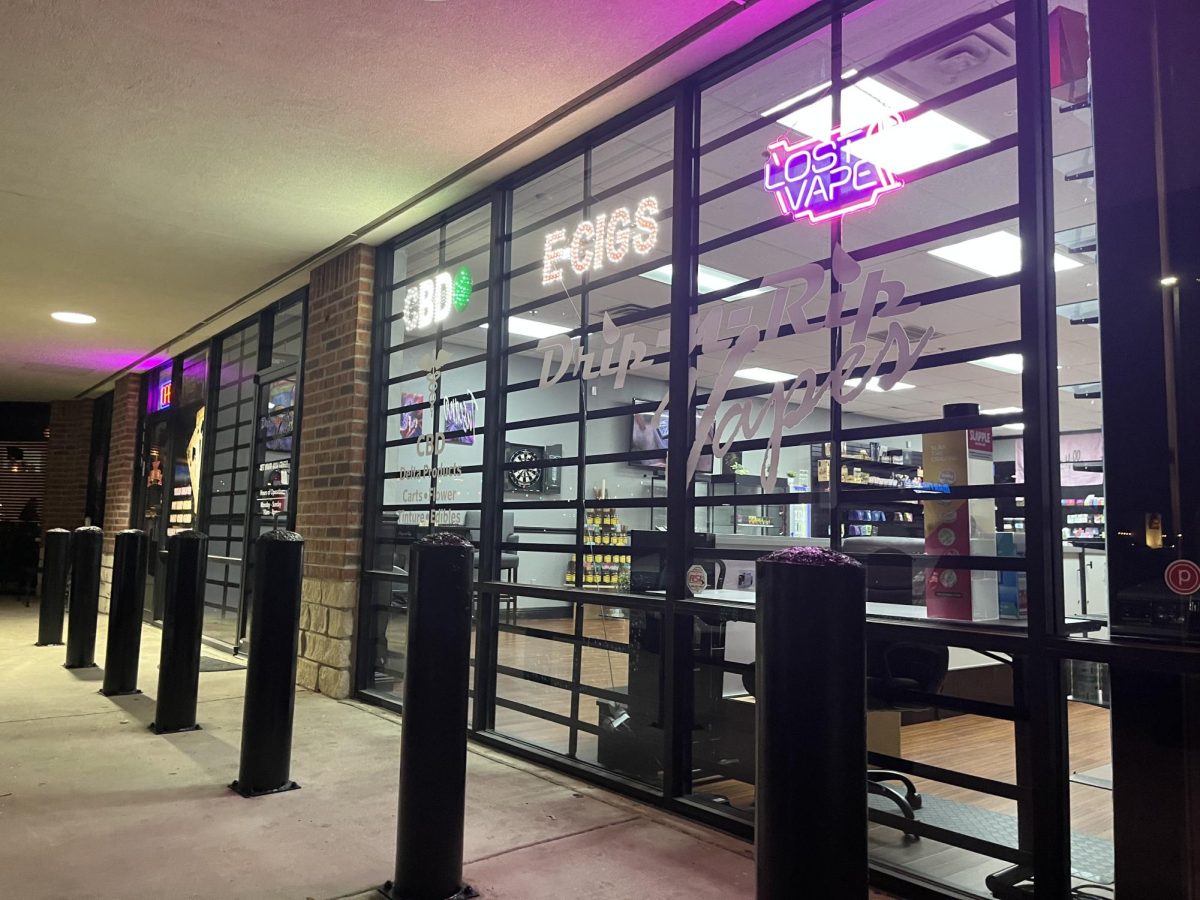
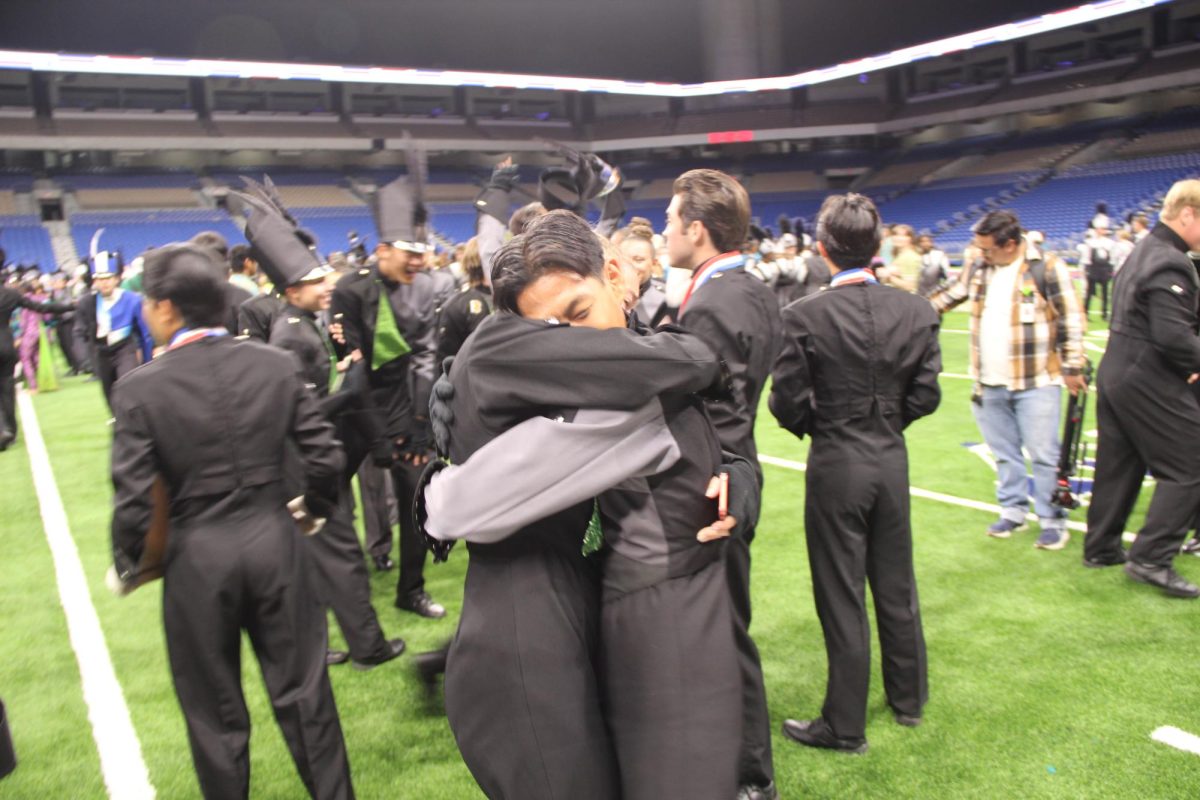
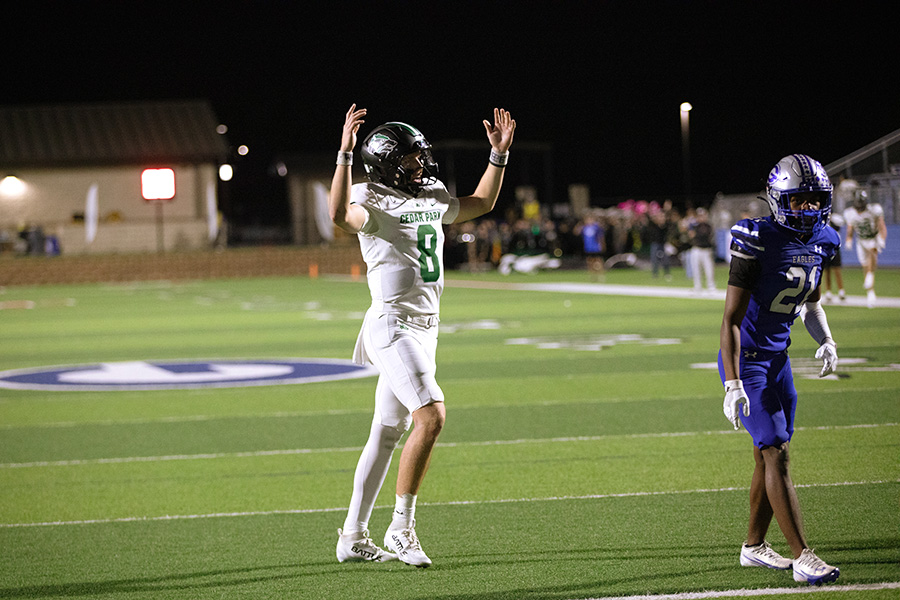
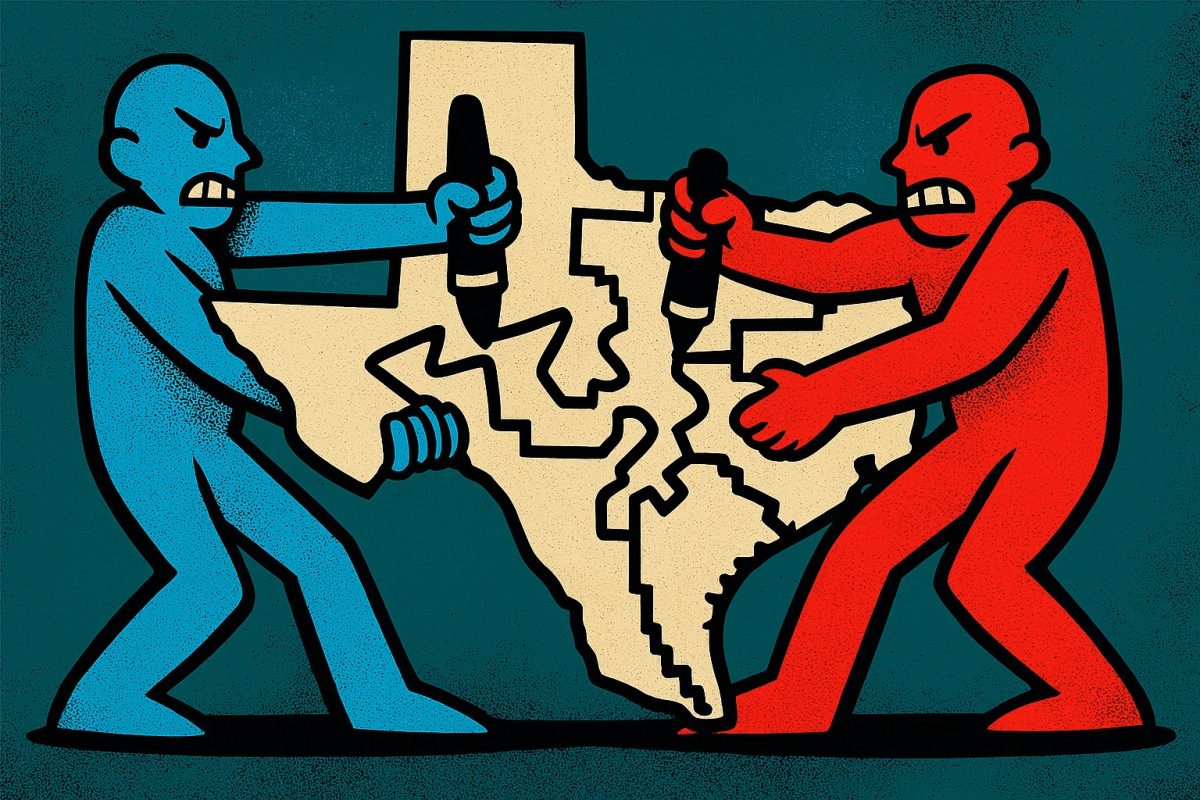
![Senior Jett Mckinney stores all the clothes in his own room, with half of it stored in his closet along with his personal clothes, and the rest taking up space in his room.
“There’s been times [when] there’s so much clothing stored here and it gets overwhelming, so I end up having to sleep somewhere else in the house,” Mckinney said.](https://cphswolfpack.com/wp-content/uploads/2025/11/DSC_0951-1200x800.jpg)
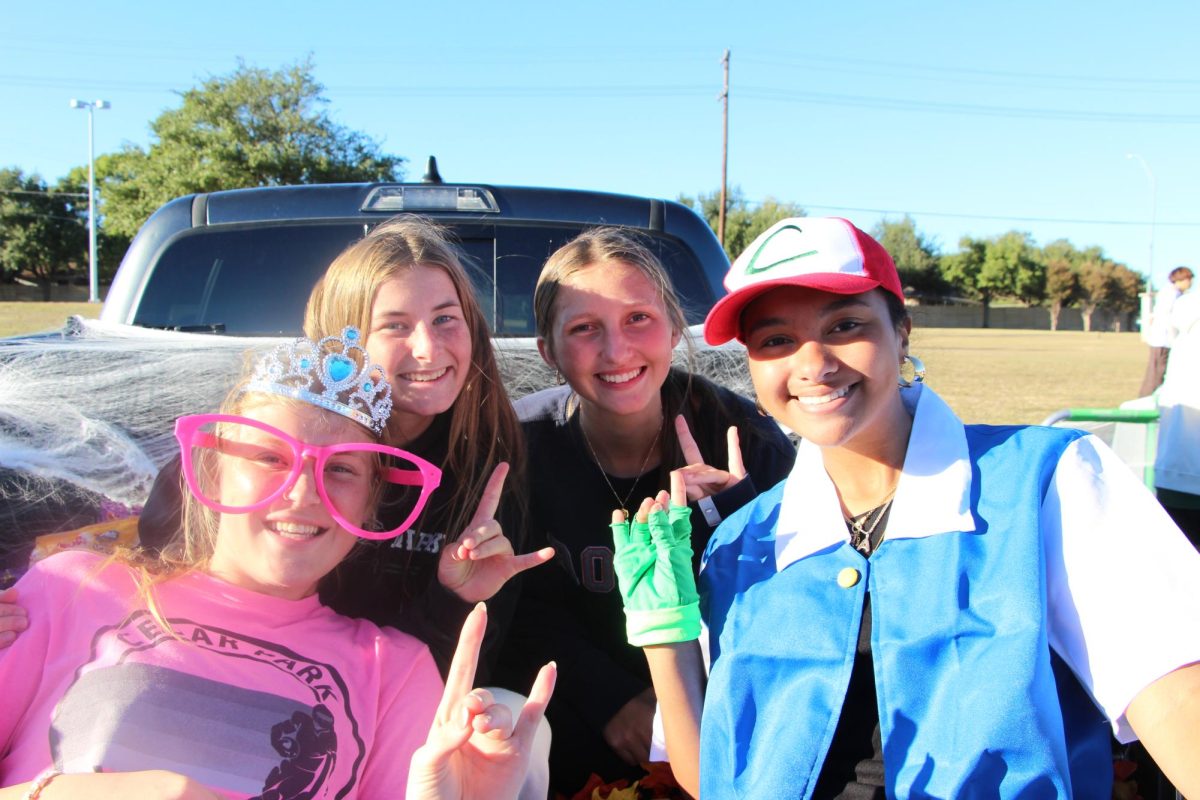


![Broadcast, yearbook and newspaper combined for 66 Interscholastic League Press Conference awards this year. Yearbook won 43, newspaper won 14 and broadcast took home nine. “I think [the ILPC awards] are a great way to give the kids some acknowledgement for all of their hard work,” newspaper and yearbook adviser Paige Hert said. “They typically spend the year covering everyone else’s big moments, so it’s really cool for them to be celebrated so many times and in so many different ways.”](https://cphswolfpack.com/wp-content/uploads/2025/05/edited-ILPC.jpg)

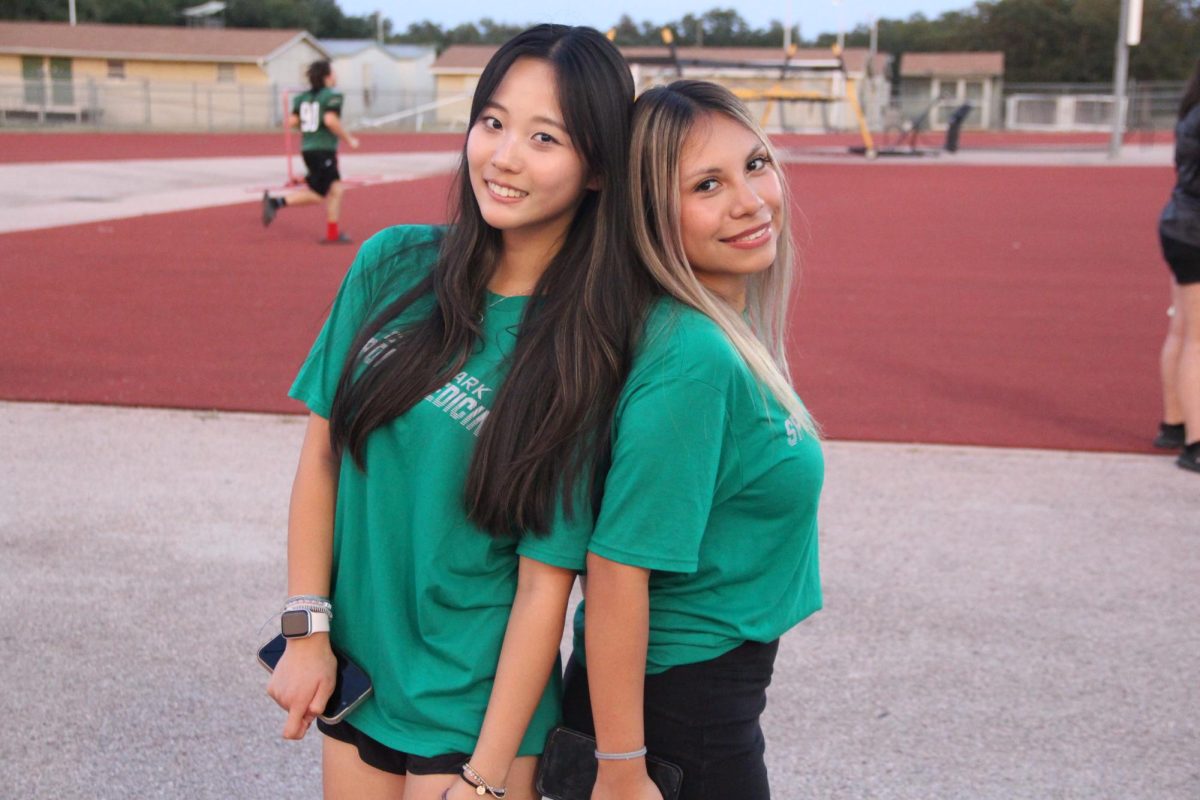


![Looking down at his racket, junior Hasun Nguyen hits the green tennis ball. Hasun has played tennis since he was 9 years old, and he is on the varsity team. "I feel like it’s not really appreciated in America as much, but [tennis] is a really competitive and mentally challenging sport,” Nguyen said. “I’m really level-headed and can keep my cool during a match, and that helps me play a bit better under pressure.” Photo by Kyra Cox](https://cphswolfpack.com/wp-content/uploads/2025/09/hasun.jpg)

![Bringing her arm over her head and taking a quick breath, junior Lauren Lucas swims the final laps of the 500 freestyle at the regionals swimming competition on date. Lucas broke the school’s 18-year-old record for the 500 freestyle at regionals and again at state with a time of 4:58.63. “I’d had my eye on that 500 record since my freshman year, so I was really excited to see if I could get it at regionals or districts,” Lucas said. “ State is always a really fun experience and medaling for the first time was really great. It was a very very tight race, [so] I was a bit surprised [that I medaled]. [There were] a lot of fast girls at the meet in general, [and] it was like a dogfight back and forth, back and forth.” Photo by Kaydence Wilkinson](https://cphswolfpack.com/wp-content/uploads/2025/03/Kaydence-2.7-23-edit-2.jpg)
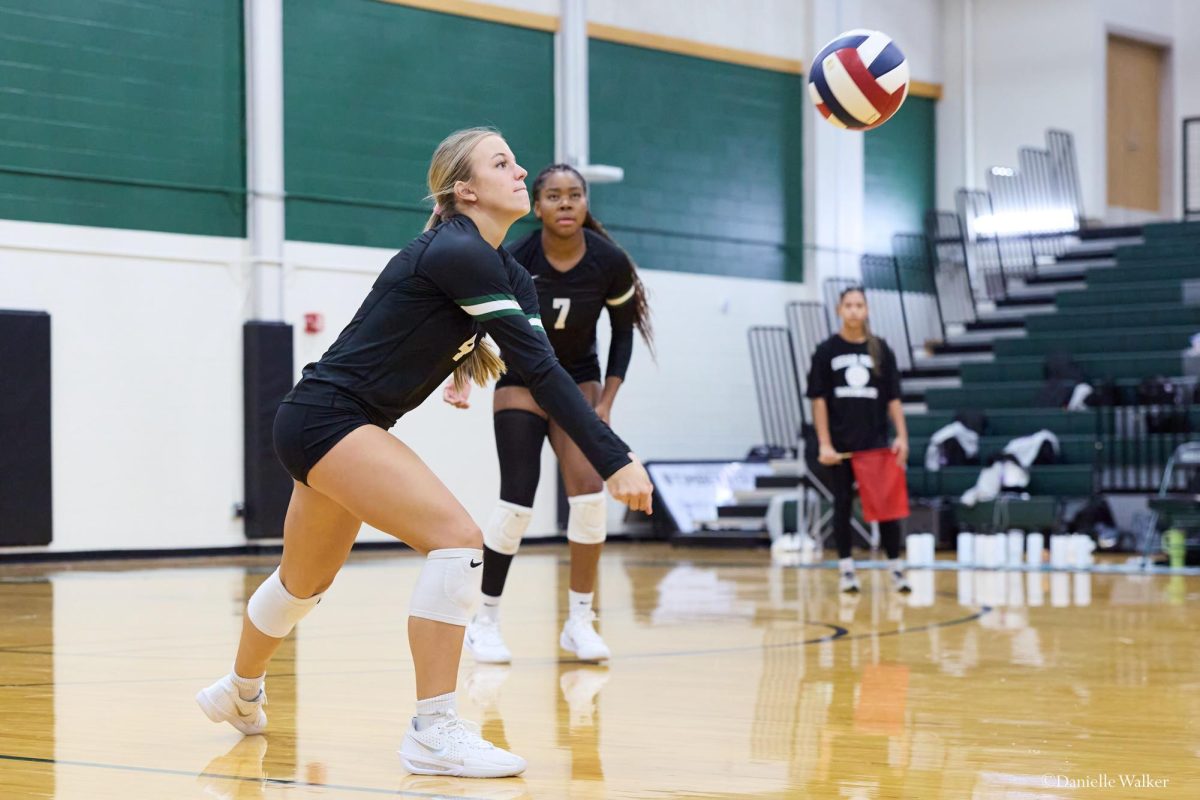

![As her hair blows in the wind, senior Brianna Grandow runs the varsity girls 5K at the cross country district meet last Thursday. Grandow finished fourth in the event and led the varsity girls to regionals with a third place placement as a team. “I’m very excited [to go to regionals],” Grandow said. “I’m excited to race in Corpus Christi, and we get to go to the beach, so that’s really awesome.” Photo by Addison Bruce](https://cphswolfpack.com/wp-content/uploads/2025/10/brianna.jpg)

